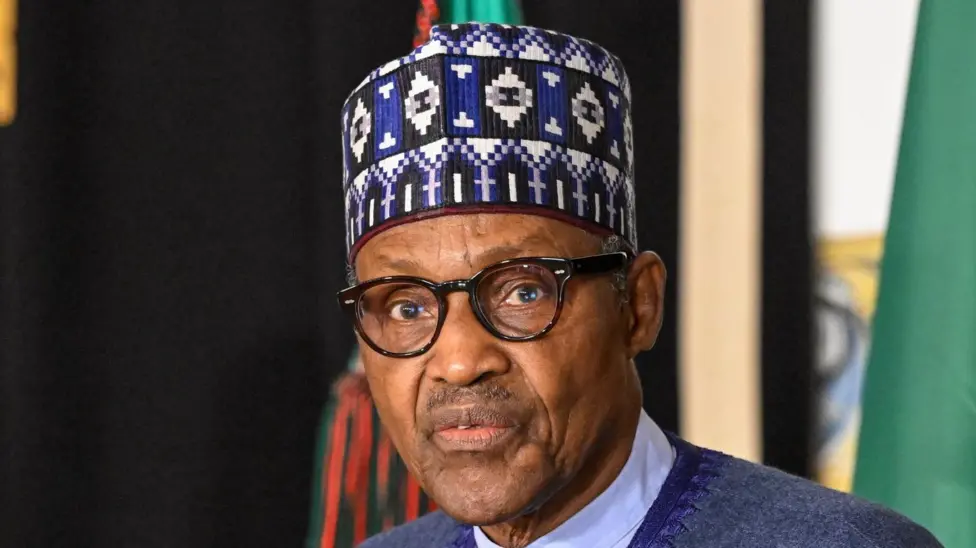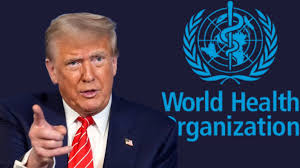In a bold diplomatic move, the government of Mali has announced the introduction of a $10,000 visa bond requirement for all United States citizens seeking entry into the country. The decision, officials say, is a direct response to Washington’s renewed travel and immigration restrictions targeting several African nations.
The policy, which took effect on Monday, October 13, requires American visitors to deposit a refundable $10,000 security bond before obtaining a visa. The Malian Ministry of Foreign Affairs said the measure is aimed at ensuring “reciprocal respect in international relations.”
“Mali is an independent state and demands equal treatment in global affairs,” Foreign Minister Abdoulaye Diarra said in a press briefing in Bamako. “If the U.S. believes it can impose unfair restrictions on Africans, then we reserve the right to respond with policies that protect our dignity and sovereignty.”
The move comes after former U.S. President Donald Trump, in his second term, reintroduced strict immigration and visa restrictions on multiple African countries, citing “security concerns and verification issues.”
The 2025 directive—popularly dubbed “Travel Ban 2.0”—affects citizens from Nigeria, Sudan, Mali, and Ethiopia, among others. It limits access to certain visa categories and imposes higher scrutiny on African students, investors, and tourists seeking to travel to the U.S.
African Union leaders condemned the policy as “discriminatory, unjustified, and reminiscent of past colonial bias.”
Mali’s government said its visa bond policy was not meant to isolate the U.S. but to push for mutual diplomatic respect.
The deposit, officials clarified, will be refunded once visitors exit the country and confirm compliance with visa conditions.
Analysts say the move reflects a growing wave of assertiveness among African nations in dealing with Western powers.
Dr. Aminata Koné, an international relations expert at the University of Bamako, noted that “for decades, African countries have been treated as passive actors in global diplomacy. This is Mali saying — enough.”
“The symbolism matters as much as the money,” she said. “It’s a declaration that African countries can use their own policies as leverage.”
While some applaud Mali’s tough stance, economists warn of possible tourism and business fallout, especially with American investors and NGOs who have long operated in the Sahel region.
According to data from the Malian Tourism Authority, U.S. citizens account for over 12% of Mali’s annual foreign visitors, mainly aid workers, cultural researchers, and adventure tourists.
“This could hurt short-term visitor numbers,” admitted tourism official Issa Traoré, “but it also sends a clear message that Africa is no longer a passive partner in diplomacy.”
The U.S. Embassy in Bamako has yet to release an official statement but has advised American citizens to “review travel requirements carefully before planning any trips.”
Mali’s move has drawn mixed reactions across the continent. In Nigeria and Ghana, social media users praised Bamako’s boldness, with the hashtag #MaliFightsBack trending on X (formerly Twitter).
Others, however, cautioned that such retaliatory measures could widen the rift between Africa and the United States, particularly at a time when the continent seeks stronger trade and security partnerships.
Kenyan political commentator Mutuma Njoroge remarked:
“This isn’t just about visas — it’s about global power balance. African nations are testing how far they can push back against Western dominance.”
The standoff underscores the changing tone of Africa–U.S. relations, with more African nations adopting “reciprocity diplomacy”—responding in kind to Western visa or trade policies.
Observers note that countries like South Africa, Ethiopia, and Tanzania are closely monitoring the situation and could adopt similar approaches if tensions escalate.
For now, Mali stands firm.
“Our dignity is not for negotiation,” Minister Diarra declared. “We welcome every visitor — but only on equal terms.”



